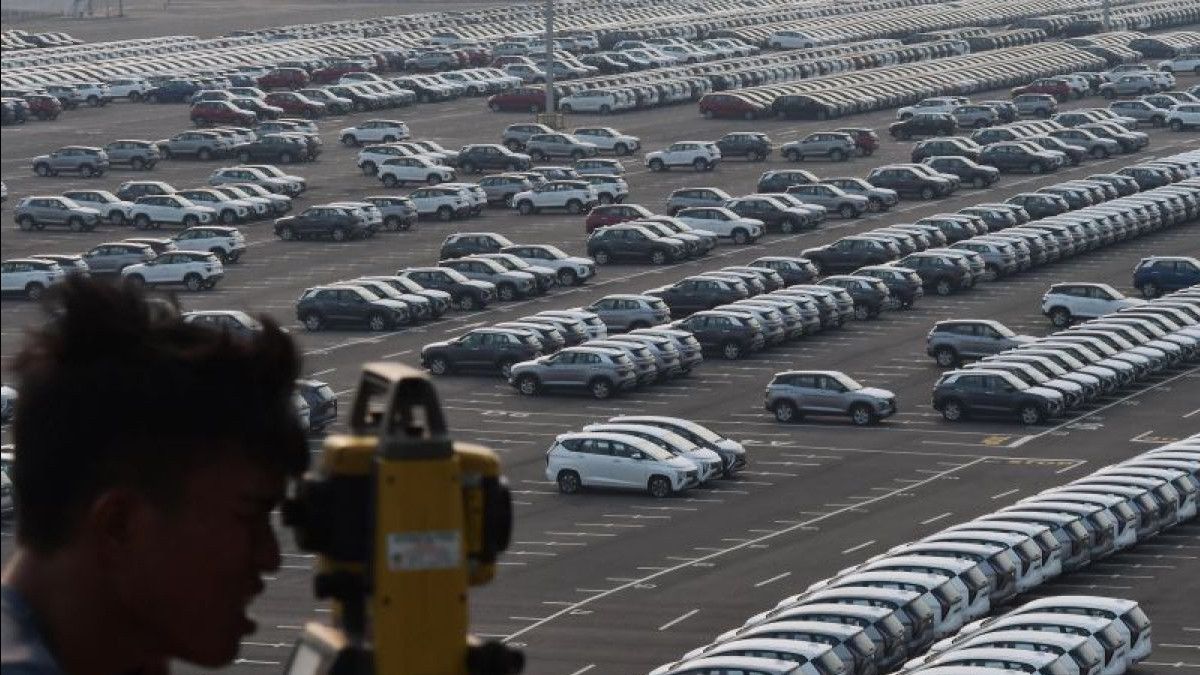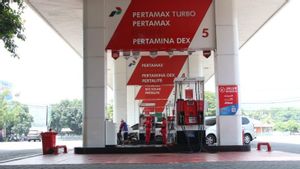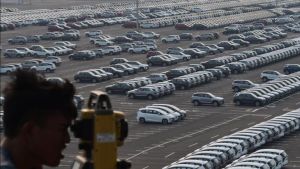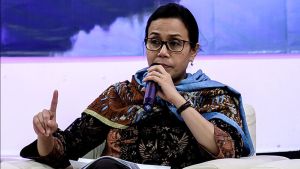JAKARTA - The DKI Jakarta Provincial Government has set a motor vehicle fuel tax tariff (PBBKB) to increase to 10 percent of the regulation as stipulated in the Regional Regulation (Perda) of the Special Capital Region of Jakarta Number 1 of 2024 concerning Regional Taxes and Regional Retribution.
Tax Center for Indonesia Taxation Analysis (CITA) Observer Fajry Akbar assesses that the increase in motor vehicle taxes is quite good because it can reduce the use of private vehicles and it is hoped that public vehicle users will increase.
"Given that there are many negative externalities resulting from personal vehicles, from pollution to congestion. Taxes can be used as instruments," he explained to VOI, Tuesday, February 6, 2024.
However, Fajry believes that it is necessary to require further studies because whether the effect can shift personal use to public transportation because not all residents have access to good public transportation from their homes.
In addition, Fajry added that not to mention if there was an increase in motorcycle taxes. Therefore, the impact on the community needs to be seen more deeply, especially since motorbikes have been chosen because they are the most efficient even compared to public transportation.
"Second, it is necessary to invite stakeholders first. Talk to business actors including used car sellers, most of whom are MSMEs," he explained.
In addition, Fajry suggested that the increase in tariffs should be obtained in earmarking or clarifying the use of the increase.
According to Fajry, this needs to be done so that the public does not mispercept the use of tax increases to finance other things such as IKN development and so on so that the rejection from the community is reduced.
SEE ALSO:
"For electric vehicle arguments, I don't think we should use a policy framework to improve environmental conditions, but rather as an industrial policy or industrial policy," he added.
In addition, Fajry added that the difference in ownership costs is getting further between vehicles using combustion engines and electric vehicles. He thinks it is enough not to use subsidy instruments, so that subsidies are only for public transportation.
"In addition, I am of the opinion that if it is necessary to increase the number of electric vehicle business actors so that people do not suspect that this policy only benefits certain entrepreneurs," he concluded.
The English, Chinese, Japanese, Arabic, and French versions are automatically generated by the AI. So there may still be inaccuracies in translating, please always see Indonesian as our main language. (system supported by DigitalSiber.id)
















